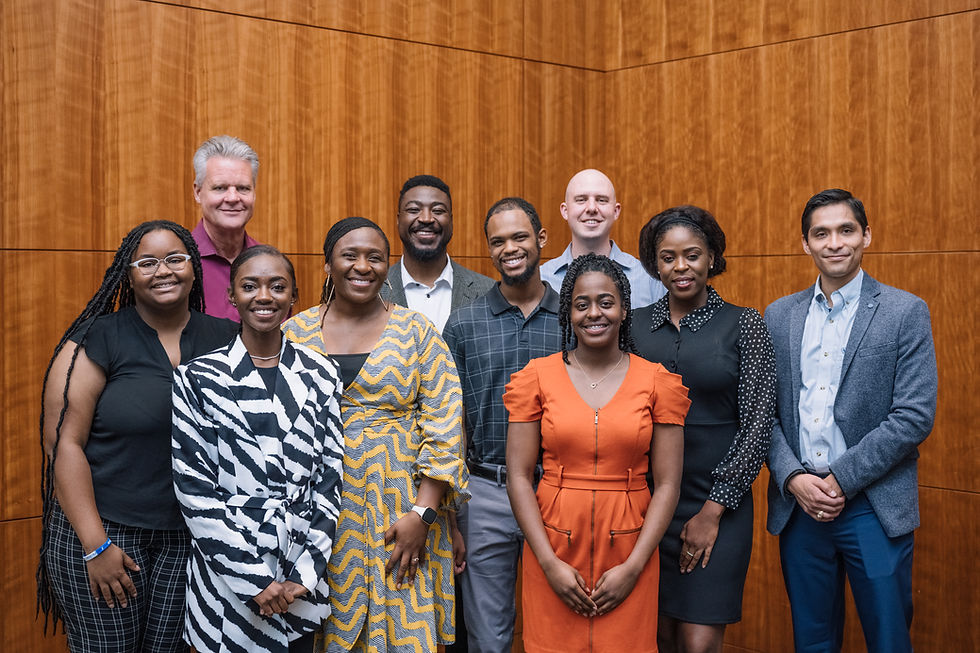Development Without Displacement
- Square Inch Houston

- Jun 1, 2016
- 2 min read

"We do not want to be passive recipients of our neighborhood's destiny. We want to be active creators and participants of its future." - Dr. Assata Richards
A few years ago, the city of Houston decided to embark on a huge project; renovating Emancipation Park. This is a 10 acre park in the northern part of the Third Ward. But this is not any regular 10 acre plot of land. This land was purchased around 1872 by former African American slaves to celebrate their freedom. African Americans have occupied the neighborhood around this park ever since.
This renovation is much needed. I remember days when I would pick up my soccer ball and go shoot around on the wide open green spaces in the park. The pool looked like it hadn't been used or cleaned in years. The structures were falling apart. But with these renovations, I see the park returning and preserving its historic status as public place for all to celebrate freedom.
Or will a different story emerge? Will the descendants of freed slaves and descendants of slave owners celebrate together on this hallowed ground, or will there be a complete erosion of the neighborhood's character, history, and culture?
Unfortunately, like most historic African American neighborhoods, the northern Third Ward is beginning to see an erosion of its character, history, and culture. With the influx of middle to upper class citizens into the neighborhood, many local Third Ward residents who want to remain in the neighborhood are being squeezed out by economic forces; rising property values, taxes, and rent prices threaten what was once a vibrant haven for African American people, history and culture in Houston.
Is this the only way to develop a neighborhood; in with the "new," and out with the "old?" Are there alternatives to this kind of market-driven development of neighborhoods where we focus on the weaknesses of a community and not it's strengths?
-----
Over the past year, I have been learning a lot about Asset Based Community Development (ABCD). Unlike the needs based approach to development of market economy, ABCD seeks to build on the strengths and resources that a community already has.
A blessing of serving my neighborhood as a Community Chaplain is that it affords me the freedom to participate in a wide variety of neighborhood initiatives. It gives me freedom to find the places and people in my neighborhood through whom God is working, and come alongside that work.
Over the past year, one of the most powerful associations I partner with is the Emancipation Economic Development Council (EEDC). The EEDC is a collective of businesses, non-profits, and residents of the northern Third Ward. This is the neighborhood that surrounds Emancipation Park, a 10 acre plot of land purchased in the 1872 by former African American slaves to celebrate their freedom. African Americans have occupied this area of town ever since.
Our collective shares a common purpose. We see beauty in our neighborhood and its residents, where others see lack. We want development without displacement. We desire the eradication of urban blight, and the creation of flourishing communities with economic opportunity for all! Development that does not take into account a neighborhood's people, history, and culture can never be equitable and should never be pursued.
To read more about the EEDC, please click HERE.



Comments